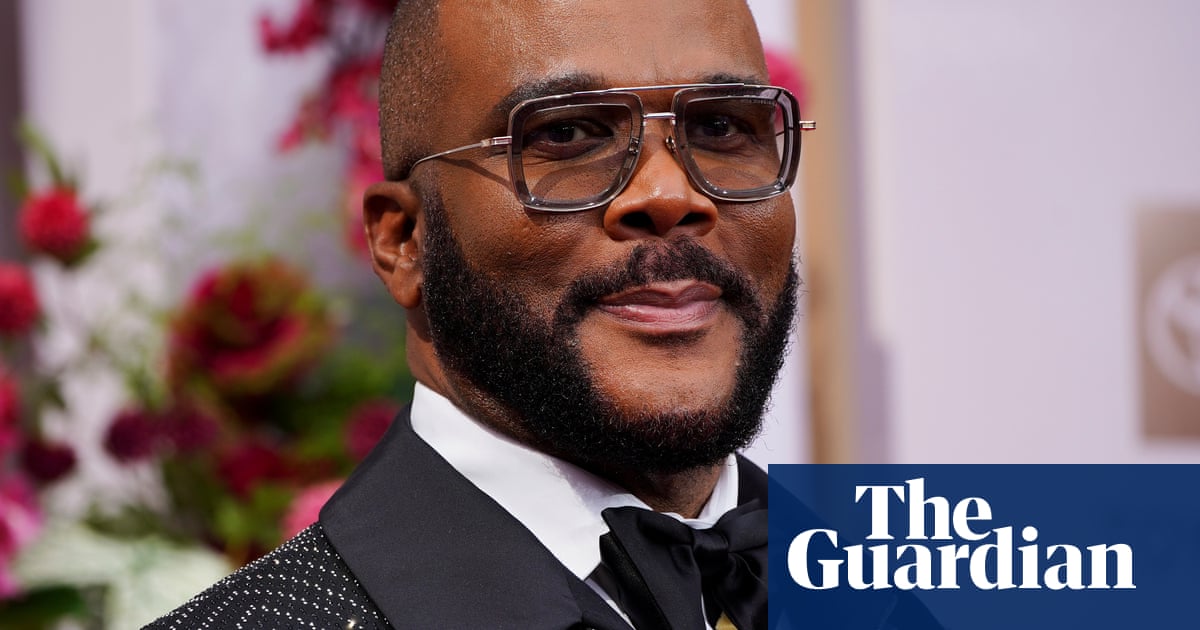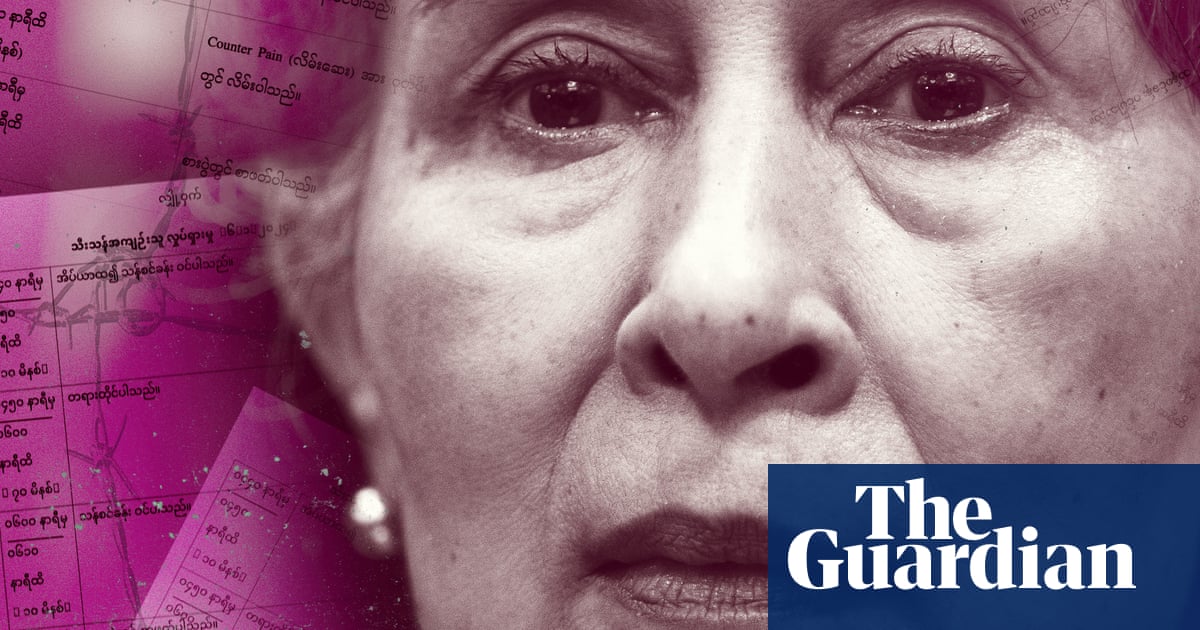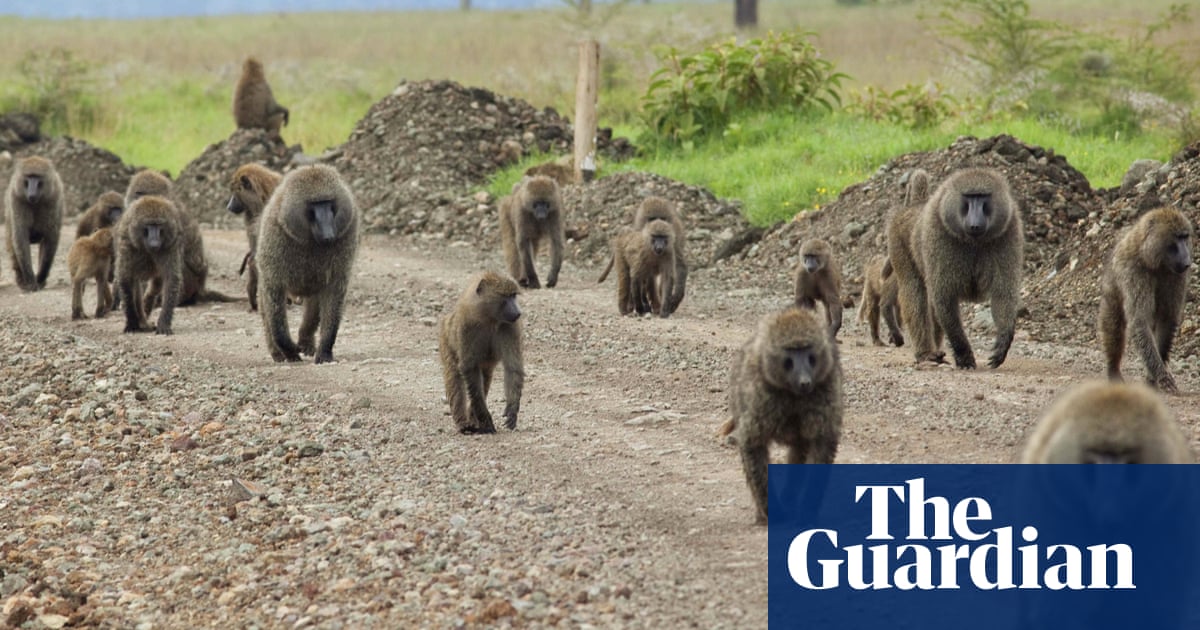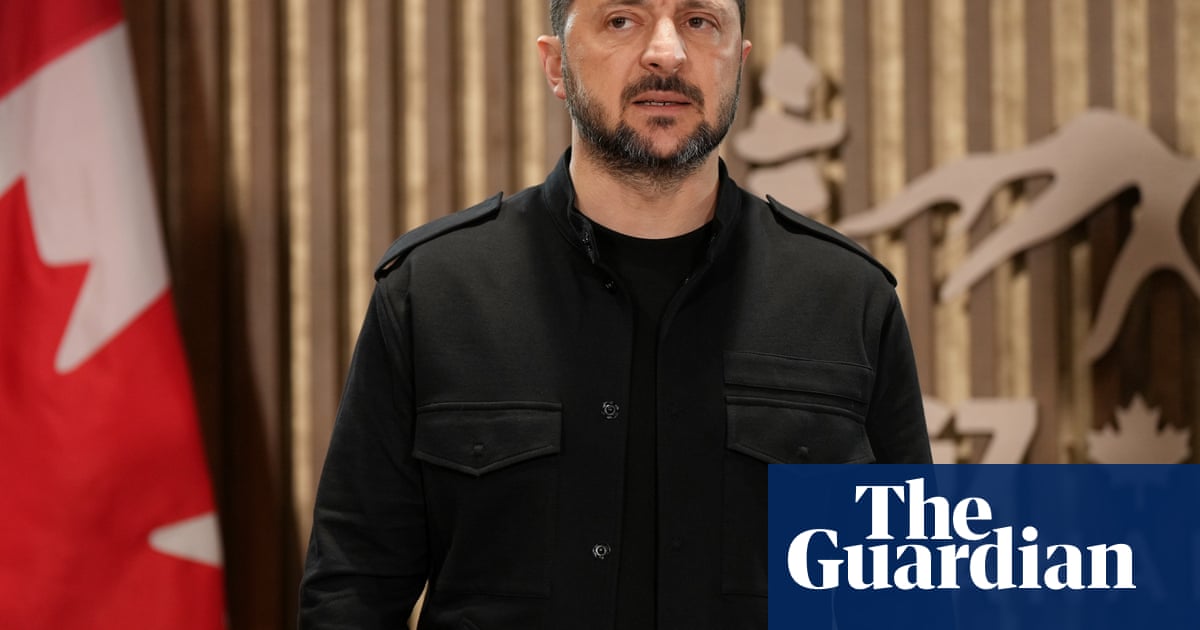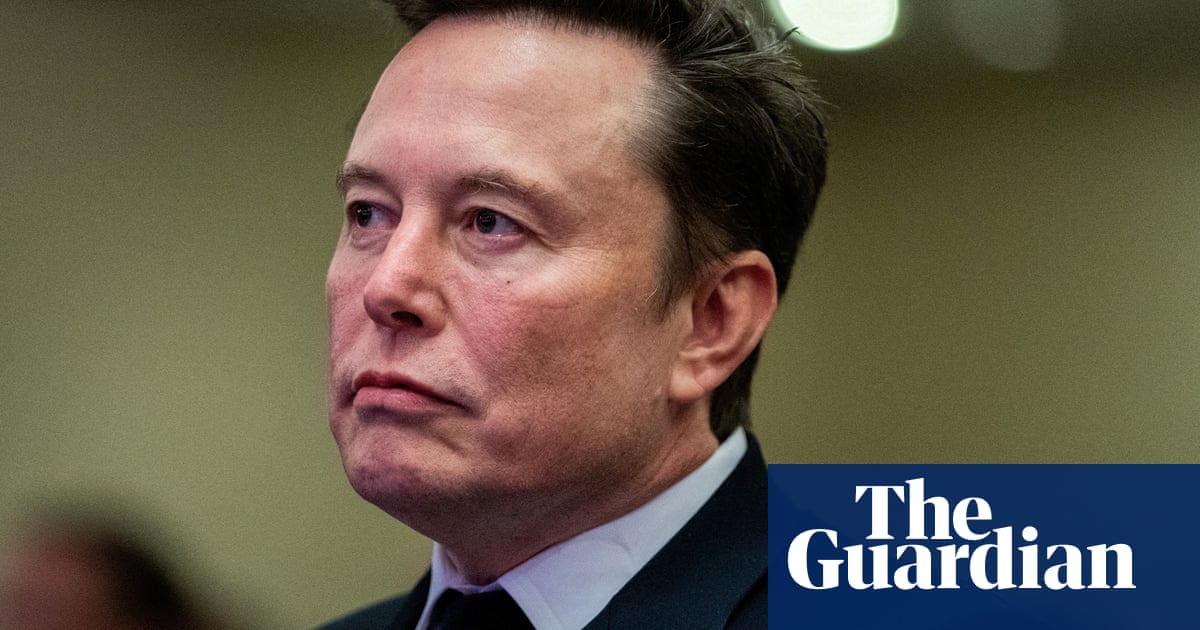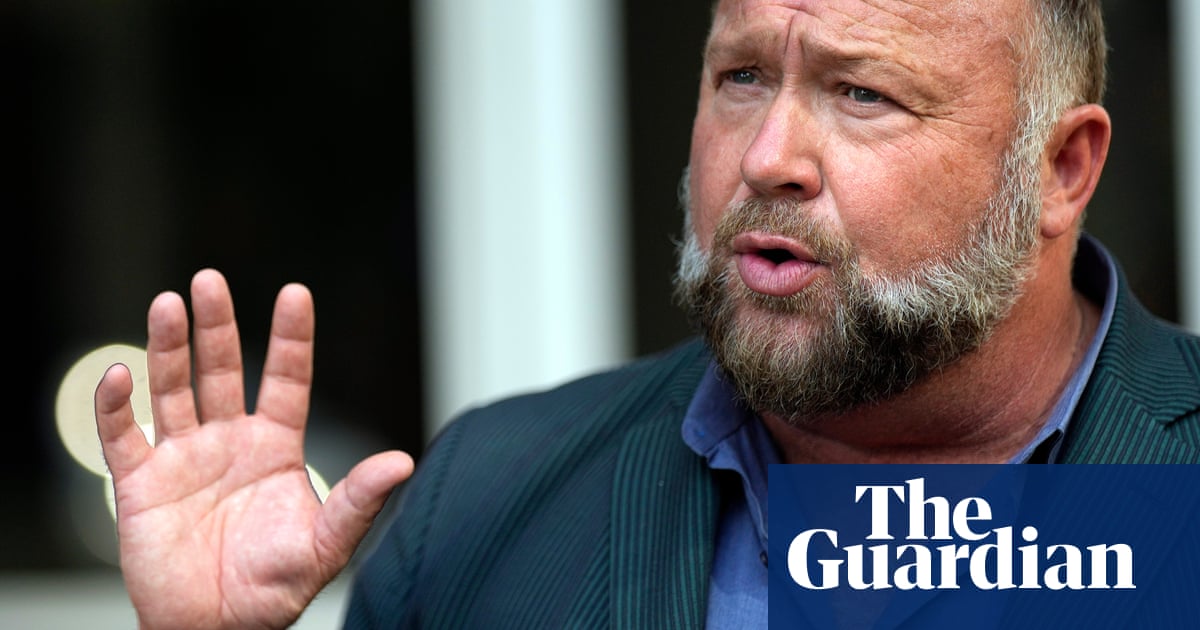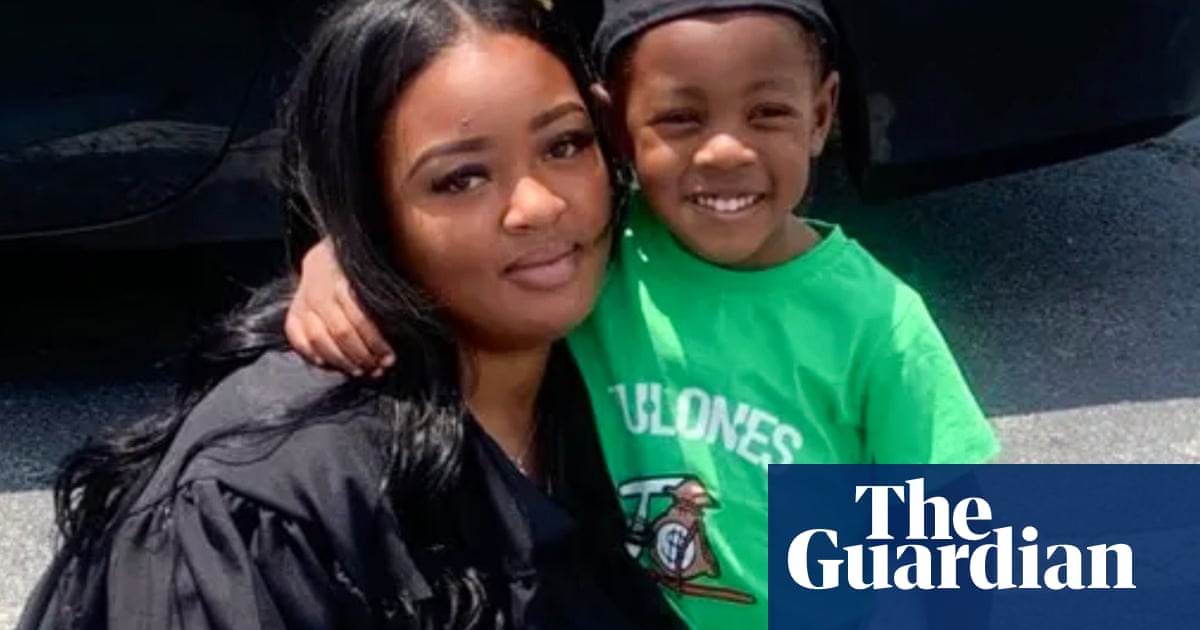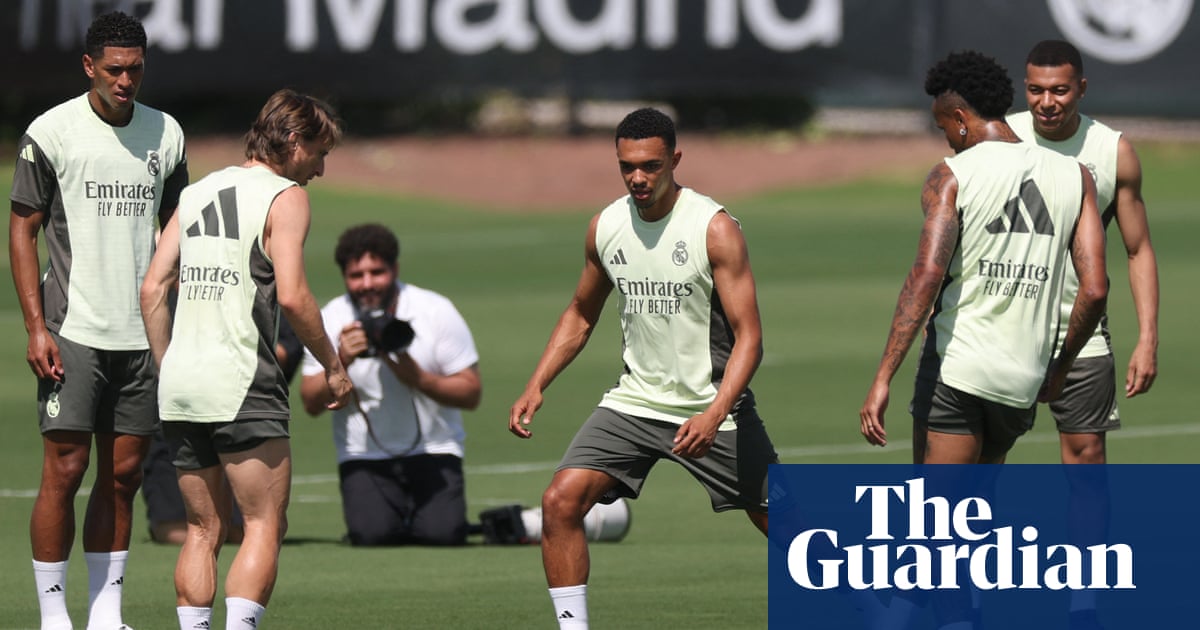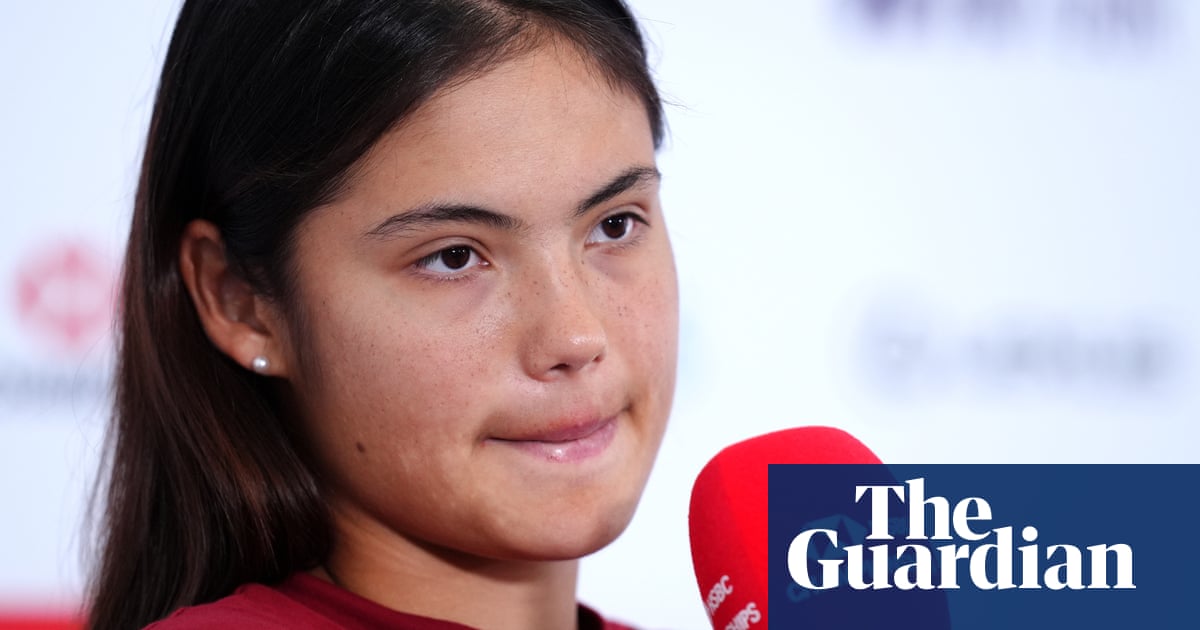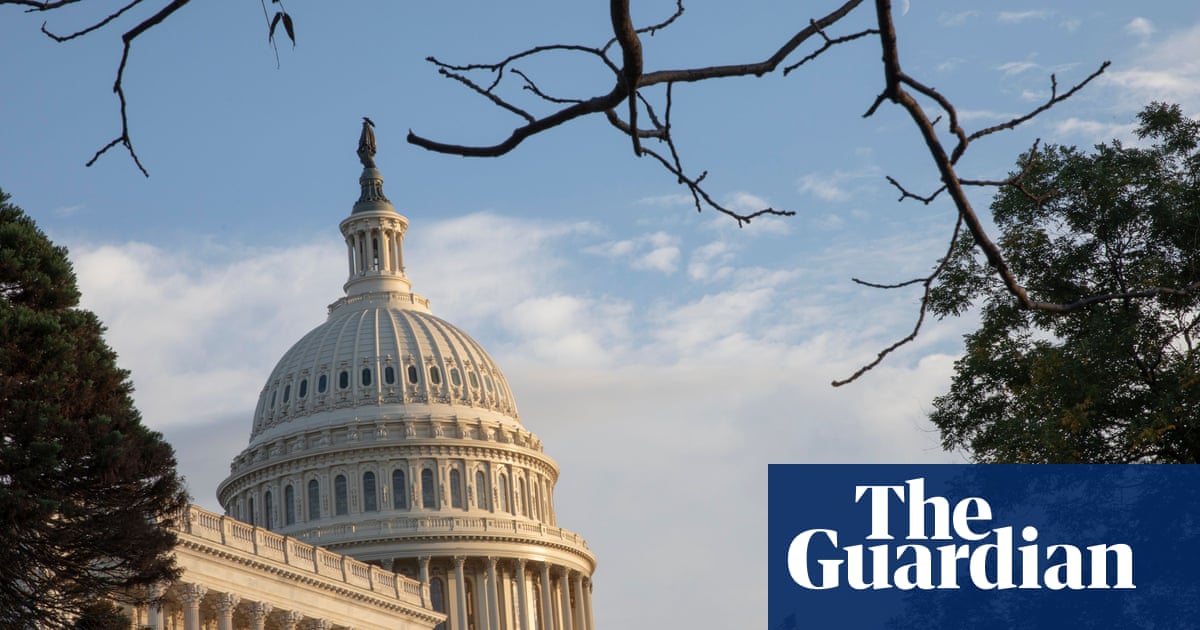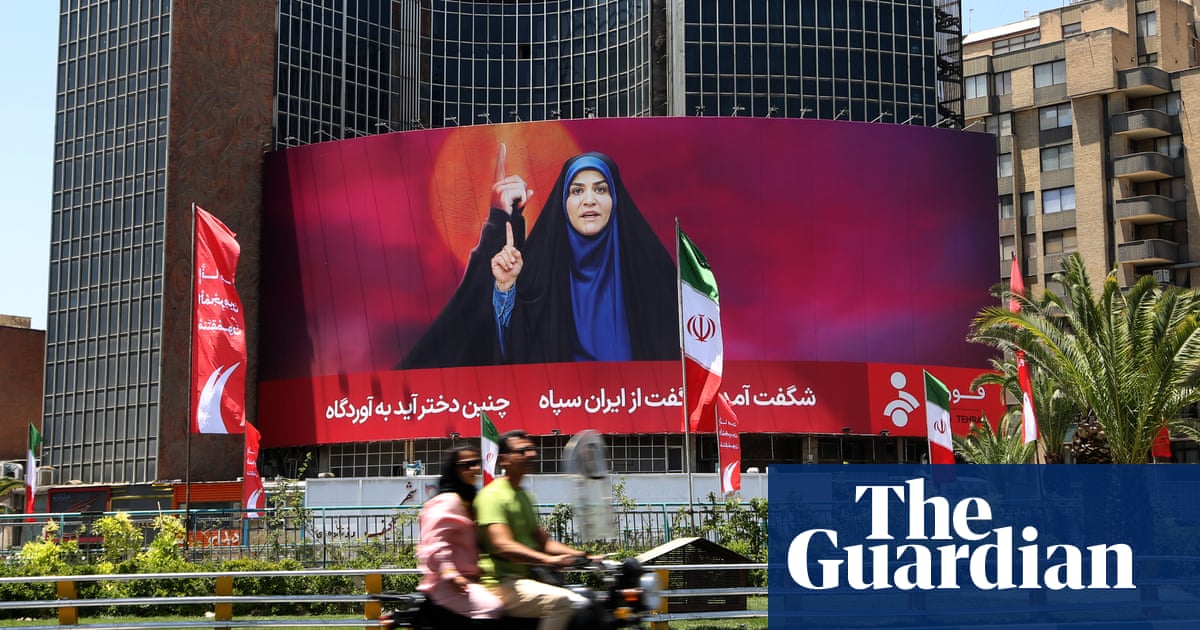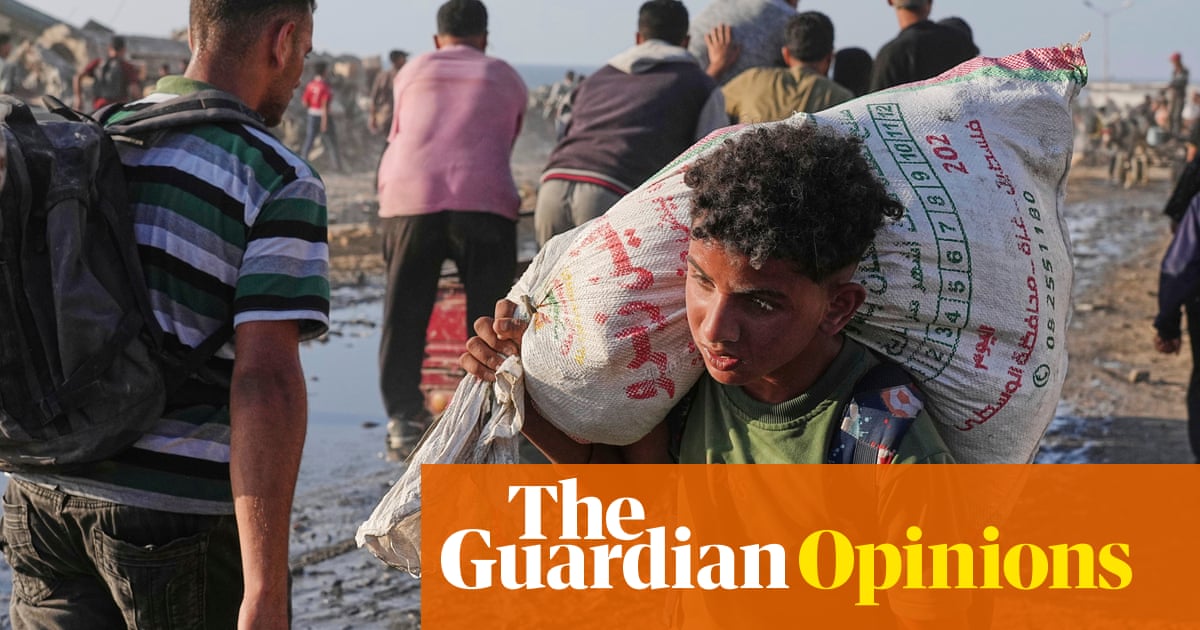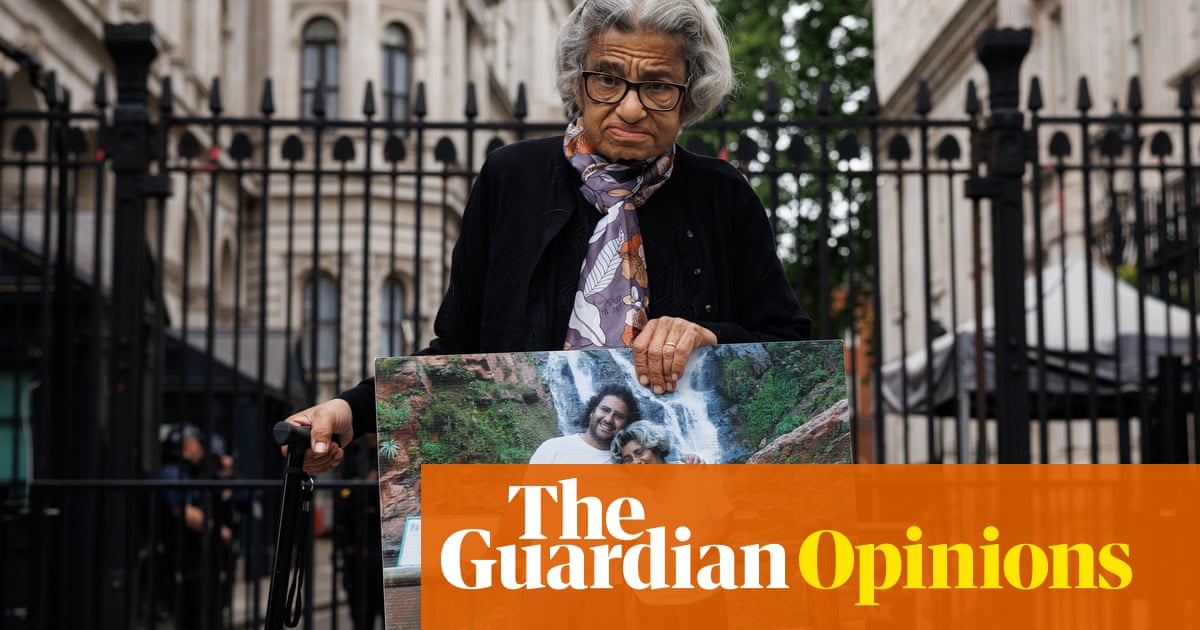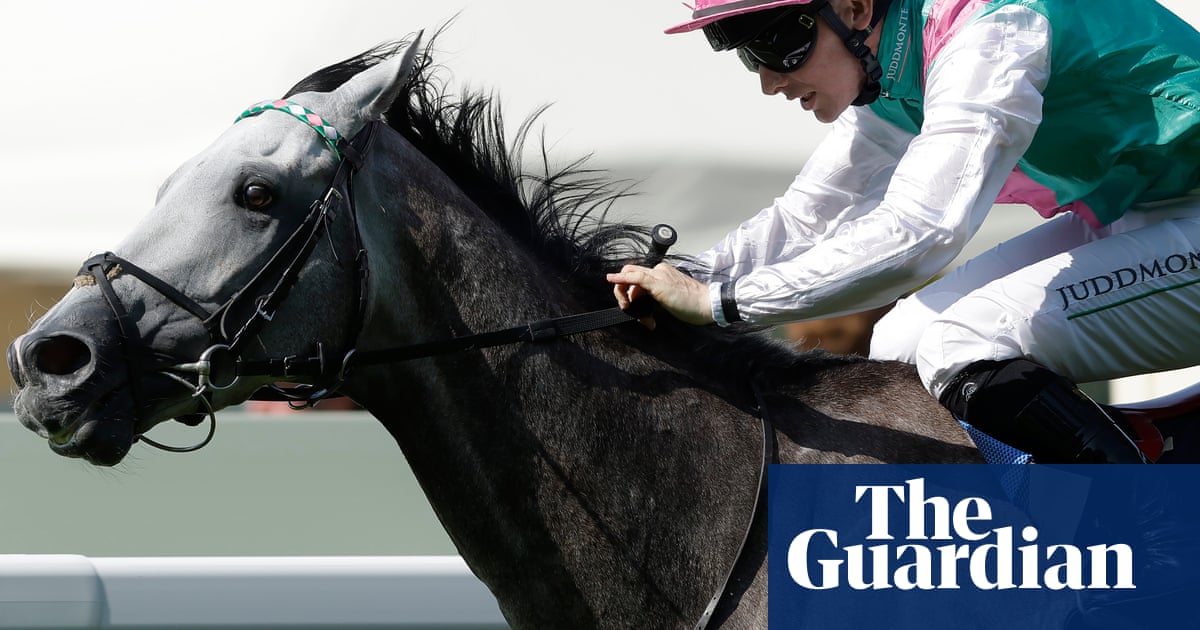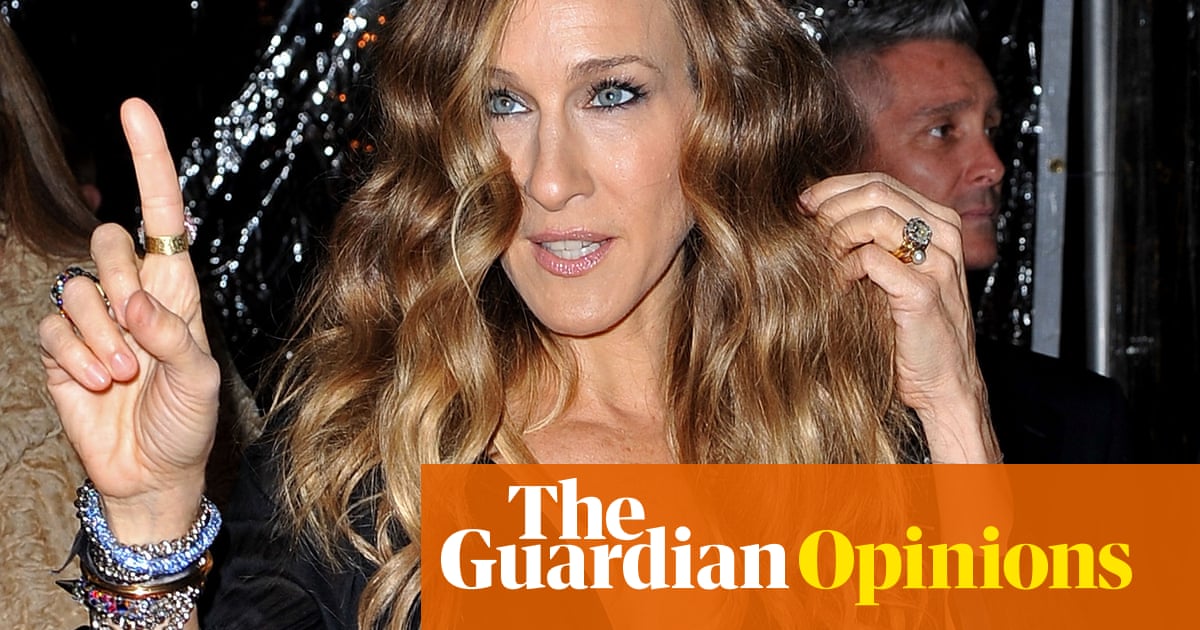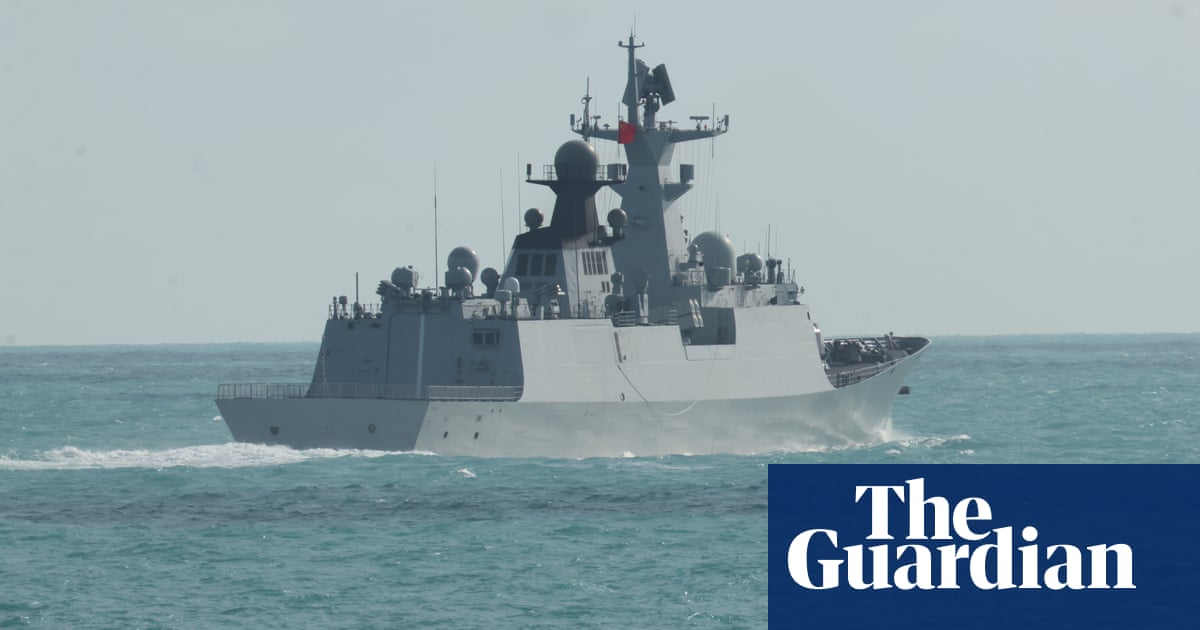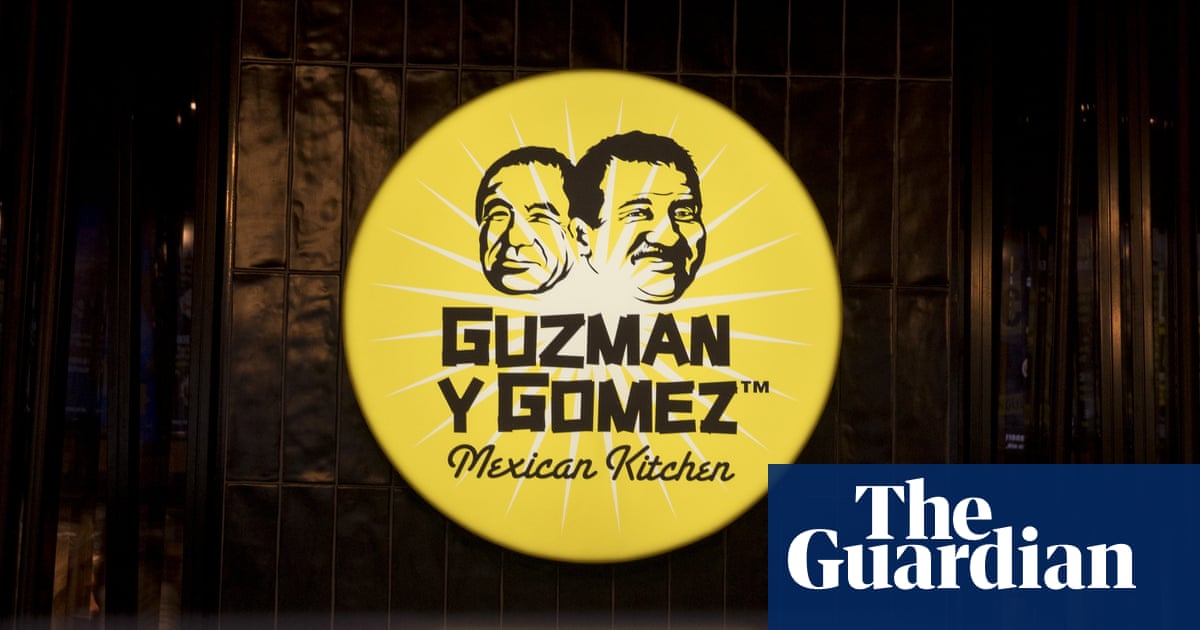The European Commission and UK government are moving closer to a defence deal that will open the door to British arms firms being able to reap bigger potential rewards from a €150bn (£129bn) EU fund, but both sides insisted it was not tied to fishing rights.
An EU-UK defence pact is likely to be the highlight of the first post-Brexit summit in May, but has been dogged by questions over how far member states will insist on linking security to a separate agreement on fisheries.
The commission has said it is ready to negotiate a security and defence partnership with Keir Starmer that would effectively treat the UK as European for defence procurement, when it comes to a nascent €150bn rearmament fund.
The EU already has such agreements with Norway, Moldova, South Korea, Japan, Albania and North Macedonia, which means there are no limits on their defence industries in relation to the €150bn SAFE fund.
The SAFE fund – which is expected to be finalised in May – would allow EU member states to take out loans to buy up to €150bn of air and missile defence systems, ammunition, drones and other military kit. It was proposed by the commission in March, as part of a drive to increase European defence spending by €800bn amid deep shock at Donald Trump’s rush to offer concessions to Vladimir Putin in a bid to end Russia’s war on Ukraine.
Reflecting the influence of the French president, Emmanuel Macron, the fund has a “buy European” rule meaning that components from non-EU countries can only make up 35% of the cost of any project. That restriction is relaxed for Ukraine and any country with a defence and security partnership with the EU.
An agreement is likely to be the centrepiece of the EU-UK summit on 19 May, between Starmer, the European Commission president, Ursula von der Leyen, and the head of the European Council, António Costa.
The commission spokesperson Thomas Regnier said “one of the objectives of the summit will be to advance on that potential [security and defence] partnership”. Asked whether such a partnership – if agreed – would mean the UK would be treated as European for SAFE procurement, he said: “Exactly: UK companies, British companies would be considered under the buy European clause.”
Regnier said, when asked about linking the agreement to fish: “The commission is committed to strengthening relations between the EU and the UK, and has not set preconditions.”
But any defence proposal from the commission will have to be signed off by the EU’s 27 member states, including coastal countries that want to rollover existing arrangements on fishing rights.
Under the trade agreement struck between the EU and Boris Johnson in 2020, the EU’s share of fish quotas in British waters was reduced by 25% over a transition period ending in 30 June 2026. Negotiations on quotas can then happen annually, although a multi-year agreement has not been ruled out.
Countries with crews that fish in British waters have been instrumental in defining the EU position stating that an “early understanding” on fisheries was necessary to progress EU-UK talks in other areas.
One EU official expressed confidence the UK would agree to maintain rights for EU fishing crews: “The Brits know they will have to prolong access.”
Number 10 did not explicitly deny that a fishing deal would be part of paving the way for the final agreement. The prime minister’s spokesperson said: “We have always been clear that through the process of these talks, the UK government’s priority will always be to deliver a better deal for the British people. That’s what those discussions are all about.”
Starmer is expected to hold a bilateral meeting with von der Leyen on Thursday when she attends the UK’s energy security summit in London.
Nick Thomas-Symonds, the minister acting as the chief EU negotiator, previously told the Commons business and trade committee the UK was open to having a multi-year deal on fisheries. He said: “As the trade and cooperation agreement stands at the moment, it would move into some sort of annual negotiations. I do think that having something that is more stable would be in our interests going forward.”
In February, Costa appeared to express surprise about the link between fishing rights and the defence of Europe. “These are different things,” said the European Council president. “European defence and fisheries cannot be put on the same level. We should have common sense of what we are talking about.”
A UK government spokesperson said: “No agreements have been reached and we have always been clear we will protect the interests of our fisheries. The UK has long been a leader in the defence and security of the continent, and we stand ready to negotiate a security and defence partnership agreement with the EU.”
Regnier, the commission spokesperson, said: “The United Kingdom is a like-minded strategic partner for the EU and its member states with whom we share many fundamental values, goals and challenges.”

 1 month ago
41
1 month ago
41
